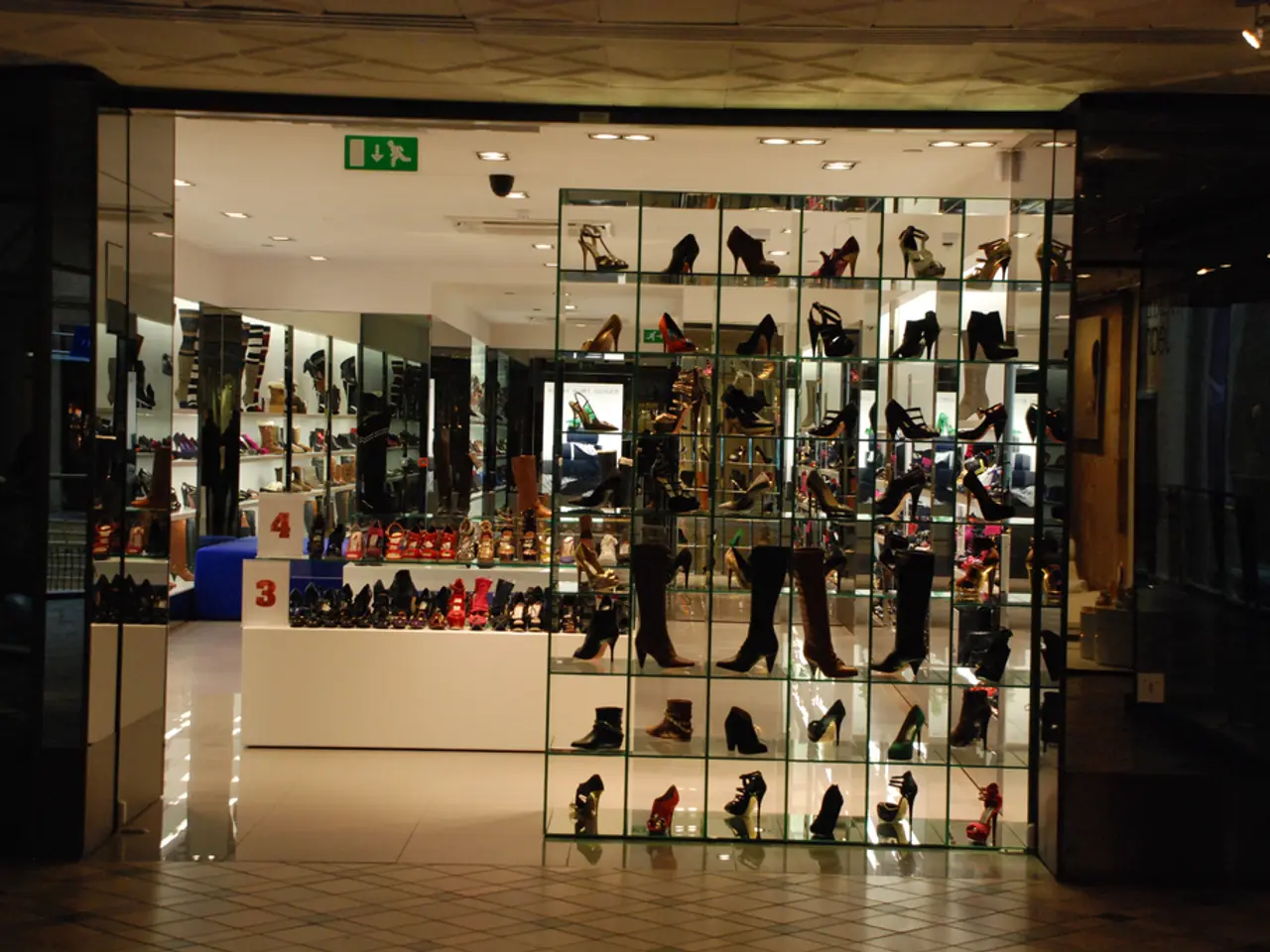U.S. Corporate Evasion Tactics Outmaneuver Trump's Tariff Chases
In a bid to navigate the ever-changing landscape of global manufacturing, U.S. footwear company Keen Footwear has been making significant moves over the past decade. The company, known for its durable outdoor footwear, has been diversifying its production sites, moving away from factories in China and setting up plants in Southeast Asia, India, the Dominican Republic, and recently, in Kentucky.
The Kentucky plant, a key part of Keen's strategy to increase U.S. production, is utilising machinery transferred from a facility that Keen had operated in Portland, Oregon. Hari Perumal, Keen's chief operating officer, is at the helm of these strategic decisions, constantly navigating the intricacies of international trade deals and tariffs.
Perumal, who grew up in southern India and now resides in the San Francisco Bay Area, is currently grappling with understanding the details of a recently announced U.S. trade deal with Vietnam. He is considering transferring the making of boot uppers from Thailand to the Dominican Republic, a move driven by the potential benefits of the trade agreement.
However, manufacturing in the United States comes with its own challenges. According to Perumal, making leather uppers in the U.S. would be five to six times as expensive as making them overseas. Despite this, Keen has pledged not to raise its prices this year, a decision that contrasts with the rest of the industry, which is showing signs of inflation.
The Kentucky plant, at the core of Keen's efforts to increase its U.S. production from 5% of its global sales to 9% within the next 18 months, is currently producing boots that construction workers use. The company's commitment to the "American Built" branding is evident in this investment.
Perumal is also considering shifting production from Asia to the Dominican Republic due to the difficulties in hiring workers in Portland. He might divert some of the production in India to Japan, where Keen operates stores.
Keen's products are subject to an ever-changing assortment of U.S. tariffs, including a recent increase of tariffs on imports from India to 50%. The company depends on access to a global supply chain for parts and raw materials, despite efforts to find local suppliers.
The constant changes in trade policy delivered by the Trump administration have been a challenge for Keen to plan for. Matt Priest, CEO of the Footwear Distributors and Retailers of America, recently stated that President Trump's new tariffs are a tax on every American family buying shoes during the back-to-school season.
Notably, other companies such as Apple and Walmart have also been shifting substantial portions of their production to India from China. As Keen continues to navigate the complexities of global manufacturing, it identifies countries outside the United States for producing components of its shoes, hinting at potential future expansions to avoid tariffs imposed by President Donald Trump.
Every 22 seconds, a new pair is completed at the Kentucky plant, a testament to the company's commitment to its U.S. operations. Despite the challenges, Keen Footwear remains resolute in its mission to provide quality footwear while adapting to the shifting tides of global trade.
Read also:
- Peptide YY (PYY): Exploring its Role in Appetite Suppression, Intestinal Health, and Cognitive Links
- Toddler Health: Rotavirus Signs, Origins, and Potential Complications
- Digestive issues and heart discomfort: Root causes and associated health conditions
- House Infernos: Deadly Hazards Surpassing the Flames








